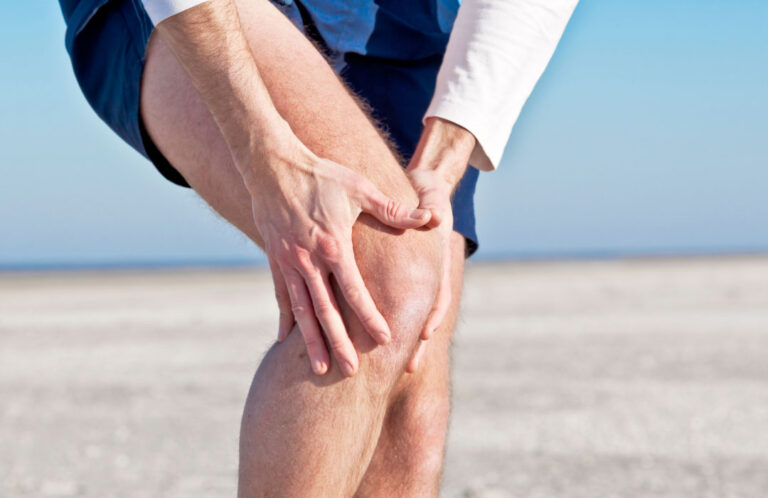You may struggle with minor aches and pains rather regularly, especially if you live an active life or work on your feet. You probably decide to put off going to the doctor because of this discomfort since you think it will pass if you wait a little while.
This theory may be accurate at times, but what about when it is not? In this article, we outline 10 signs and symptoms that should prompt a visit to the doctor or an orthopedic surgeon to discuss knee discomfort.
Reduced range of motion:- Your knee may enlarge inside after getting hurt. Excessive swelling might decrease your range of motion, making it difficult to straighten or bend your leg entirely. See a doctor if you have a loss of range of motion for longer than 24 hours.
Redness or swelling around the joint:- Changes in the appearance of your knee, such as deformity of the knee joint, might be a sign of more serious issues. Touch the area if it seems red or swollen to check for any discomfort or warmth. Several indicators of infection may be present.

Pain that affects sleep:- Many individuals who suffer from knee problems find it difficult to get to sleep or stay asleep as a result. If your knee discomfort keeps you awake, seek medical attention.
Pain that affects daily activities:- In general, healthcare professionals advise that you make an appointment as soon as you realize that your symptoms are affecting how you live. Visit a specialist to examine the joint if knee discomfort makes your job more challenging, your afternoon exercise unpleasant, or your commute more aggravating.
Long-term pain:- A doctor can assist if you try to wait out your pain but it doesn’t seem to go away. In general, pain that persists for more than 48 hours in athletes should be evaluated by a healthcare professional, and individuals generally should consult a specialist if symptoms persist for longer than three weeks.
Less sensation in the knee:- Although pain is a common symptom of knee problems, it can also be a sign of more significant health problems. If pressing on your knee does not make your leg or knee pain worse, sciatica or another non-knee issue may be to blame.
Knee instability:- Get medical attention if you experience any wobbling or feel like your knee is about to give way. Joint instability often signals a ligament issue, which might get worse if you keep using your knee.

Inability to hold weight:- Do you feel the need to shift weight off your bad knee when you stand up? Seek help if the affected knee cannot take your weight. This symptom can indicate a number of knee ailments, all of which require medical attention.
Difficulty walking:- See a doctor if your knee discomfort worsens to the point where you limp or avoid walking. Damage to the bone or degenerative disease may be indicated by the pain of this severity.
Deformity of the joint:- Look at your knees positioned side by side. You could have a fracture, dislocated knee cap, or patella damage if your injured knee looks different from your healthy knee.
If you experience any of these symptoms above visit us now. Specialty Care Clinics are specialists in managing pain and knee problems.
